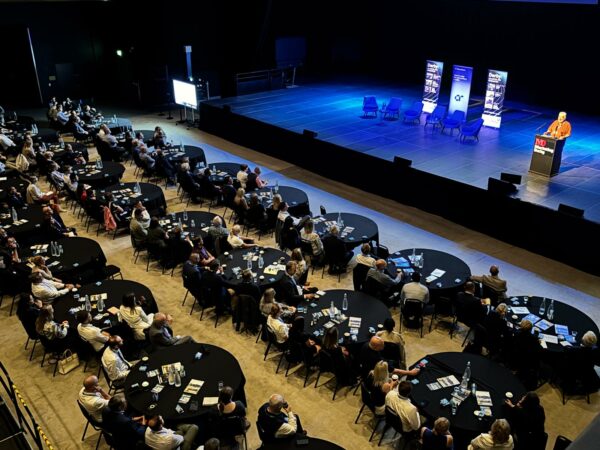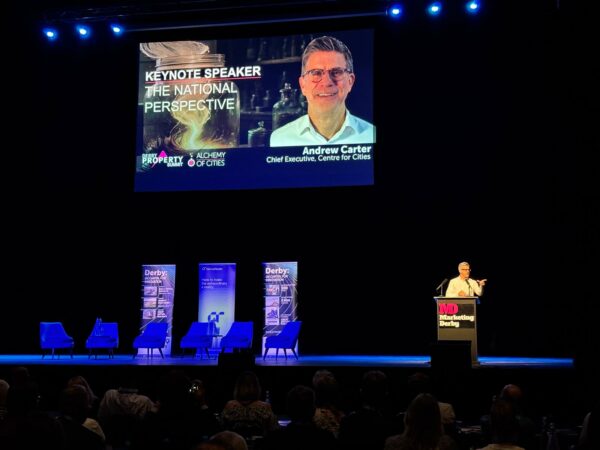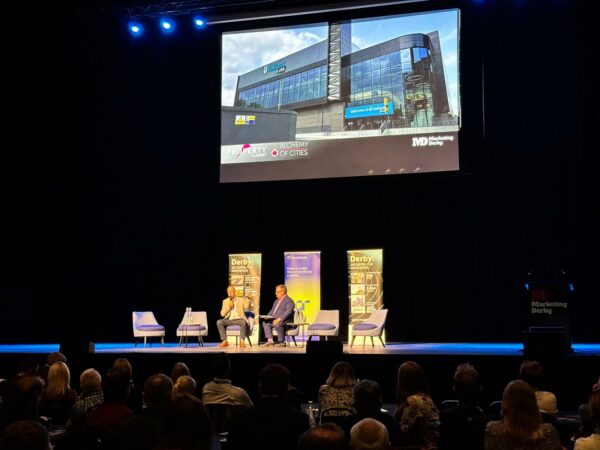Latest News | 12 December 2023
Metropolitan Snobbery and a Case of Déjà vu
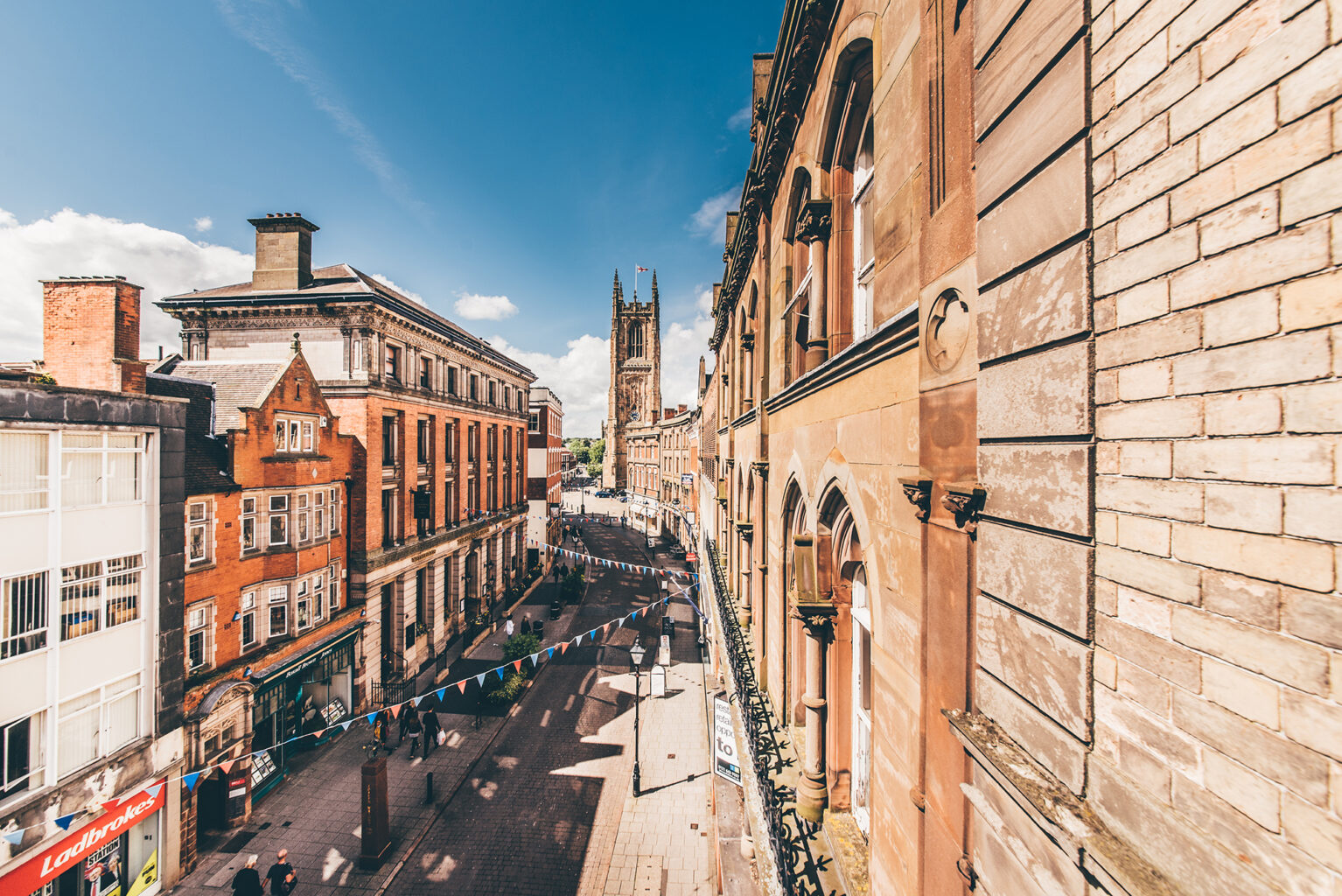
Being honest, this is an article I didn’t really want to write.
But once again, here we go, having to row for Derby in the muddy waters of unnecessary ignorance.
A few weeks back, I started receiving messages asking something like ‘So John, what are you going to do about Giles Coren’?
I had no idea what they were talking about but, as it turns out, Coren – the Times newspaper food critic – had included a negative reference to Derby in a piece on the current Middle East crisis.
I say negative but I might add unnecessary, insulting but also just plain wrong. In describing the escape of his grandparents from the Nazis to Derby, he said.
“I would find almost impossible not to make a joke about what a craphole Derby is (it really is, there’s no point writing in).”
Reading it, I had two reactions.
First, being confused about how in trying to construct a personal piece on the current Israel/Palestine tragedy, Coren managed to get entangled in attacking Derby, the apparent city of sanctuary for his grandparents. That just seemed mean.
Second, a sense of tired déjà vu, as once again Derby – and by proxy cities in the wider midlands and the north – face another episode of metropolitan snobbery.

I did think about responding on twitter (sorry X) but decided these are difficult times and it seemed best to avoid some rabbit-hole shoutery.
I’ve reread the article a few times – a muddle of oddball references (Liam Gallagher, Snoop Dog and Cliff Richard) – and remain perplexed as how calling Derby a ‘craphole’ helps.
It seems that our country remains anchored around the political, financial and cultural honeypot that is London.
Listen, I love London (I really do, there’s no point writing in) and the fact that St Pancras is a mere 90-minutes from Derby is a core factor in our pitch to investors.
However, despite the policy polemic of various governments – be it regional rebalancing or levelling up – the gap between our capital and the rest of the country just seems to widen.
London is a magnificent global city but one that increasingly feels like a different country.
Its scale, infrastructure, culture, attractions (and prices) bear little resemblance to most UK population centres like Derby, Coventry, Leicester, Liverpool or Leeds – even Birmingham and Manchester.
There always has been a gap, but since the 1980s it has gradually grown to become something of a chasm.
This capital/regional disconnect was turbo-charged by events such as the 2008 crash and many credit the Brexit referendum leave result as being directly traced to areas that felt ‘left behind’.
The Coren reference maybe the work of a bagman for inherited Oxbridge privilege but the north-south stereotype lies a lot deeper.
I remember being at a match against Chelsea at Pride Park Stadium when the visiting fans broke into singing “we pay your benefits, we pay your benefits”.
The rapid riposte from the Derby fans was sharp “we build your aeroplanes, we build your aeroplanes”.
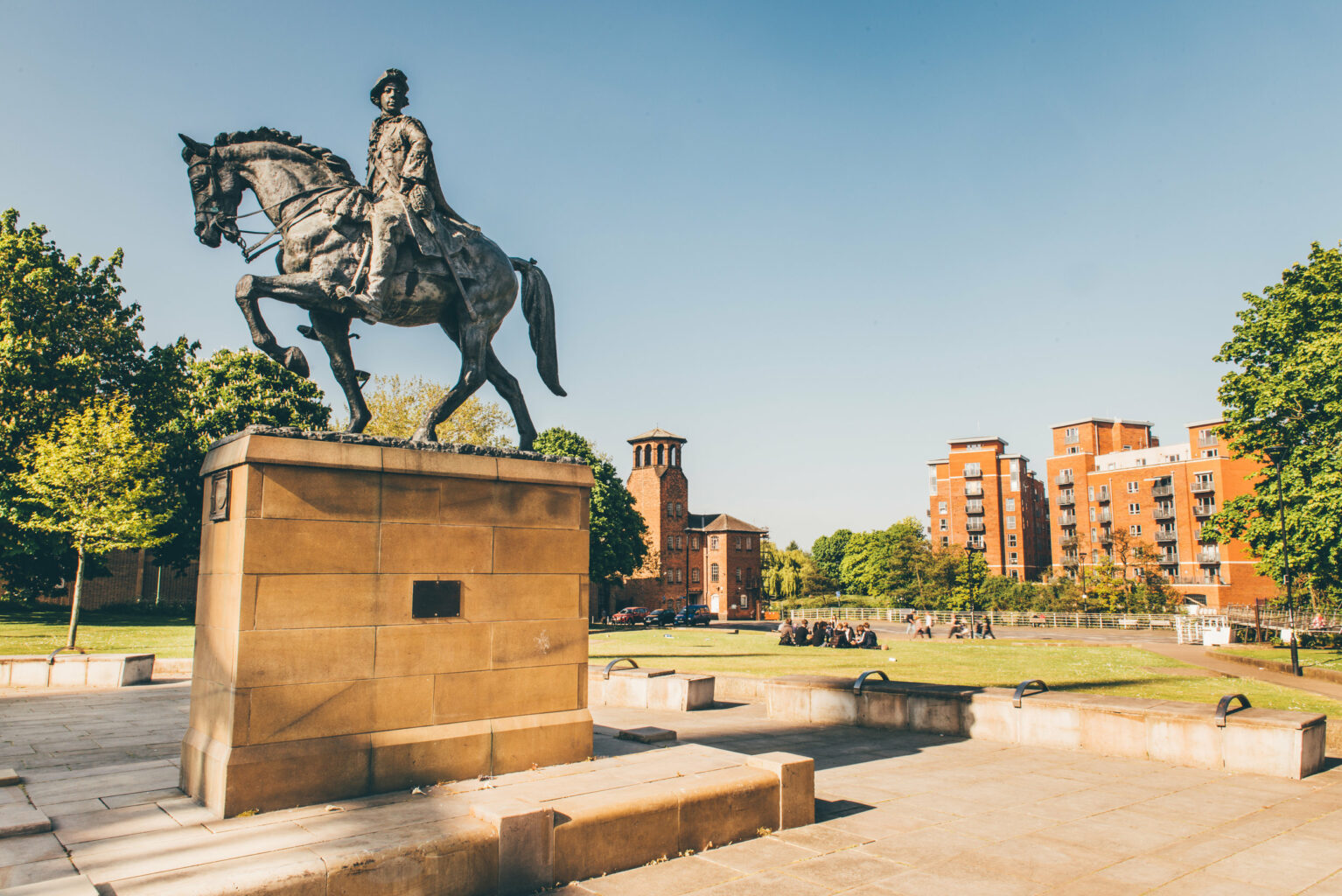
I still reflect with amazement on how that one – brief, unplanned and spontaneous exchange between football fans – illustrated an understanding on economic point of difference and associated stereotypes and perceptions.
The facts are stark.
A report this year by the Harvard Kennedy School released confirmed the depressing news that the UK is now the most regionally unequal of all the world’s leading economies.
This is the case whether measured by GDP per capita, productivity, disposable income or a myriad of other metrics. By some measures our situation is now worse than that of East and West Germany when divided by the Berlin Wall.
Look at any UK map of salaries and contrast the hotspot of London and the southeast with the rest.
There is only one hotspot in the whole of the midlands (yep, Derby at a median of £36,868 per annum) and cities that one might think are closer to London fall well short (for example northern powerhouse Manchester comes in at £31,720).
The way that government chooses to invest our taxes has been making the situation worse. An example would be capital spending on transport, where London receives £450 per head, compared to a paltry £180 per head in the East Midlands.
The recent decision to scrap the HS2 link to Manchester whilst at the same time giving the green light to the connection into London Euston neatly sums up this hardwired distortion.
The irony is that in many ways Derby bucks the trend.
Certainly, in terms of our hi-tech economy, most especially in aerospace and rail and increasingly in nuclear and green energy.
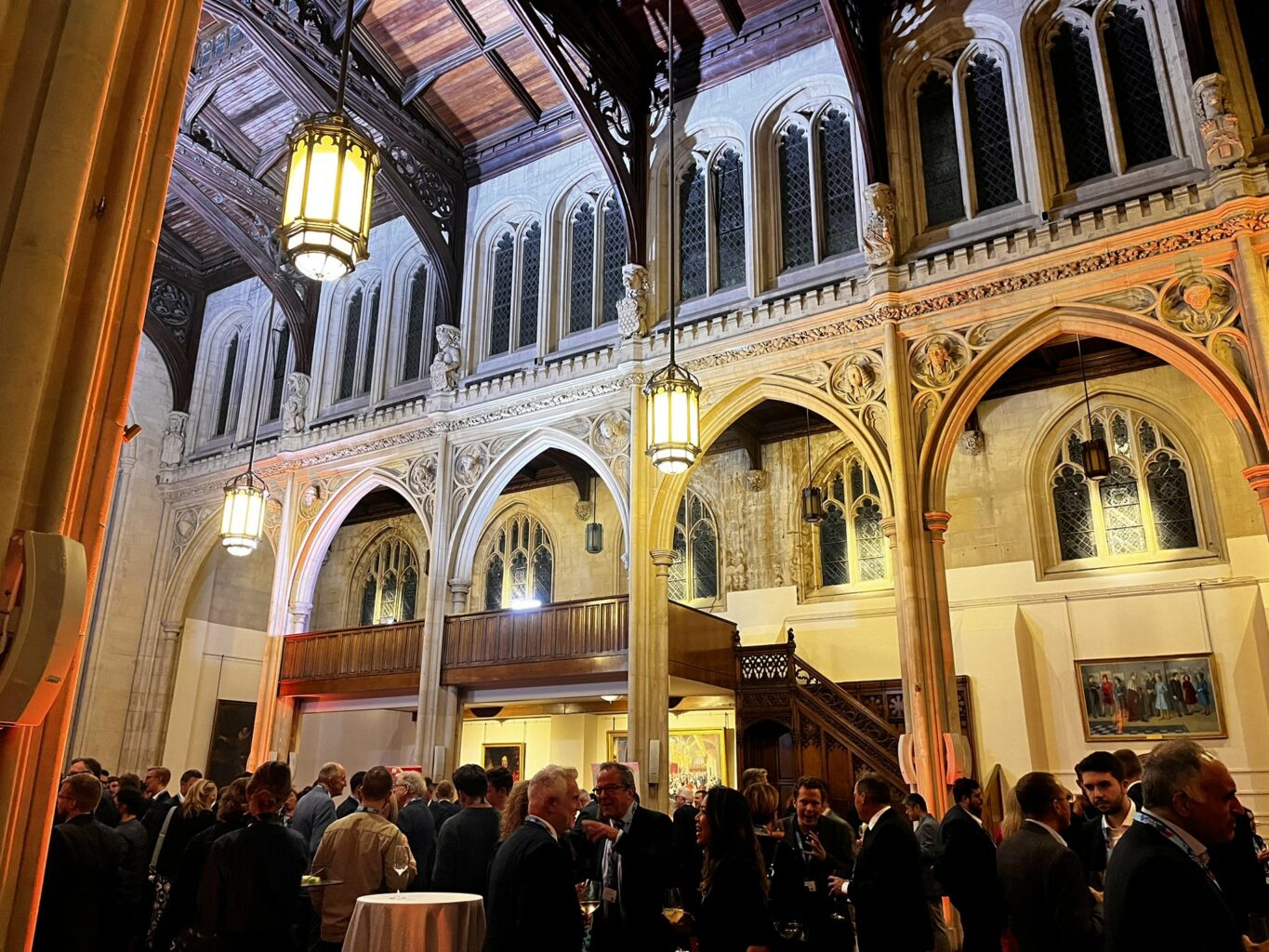
It certainly felt that way a few weeks back at our Derby Embassy event held at London’s historic Guildhall, packed with over 200 of our Bondholders, investors and ambassadors.
There we heard Helen Gordon, the CEO of Grainger PLC – one of the UK’s largest landlords with a portfolio of over £3bn – confirm how their successful investment into Derby’s city centre Condor 259-apartment scheme (already 60% let) was part of a broader investment of £246m into the UK’s regional cities.
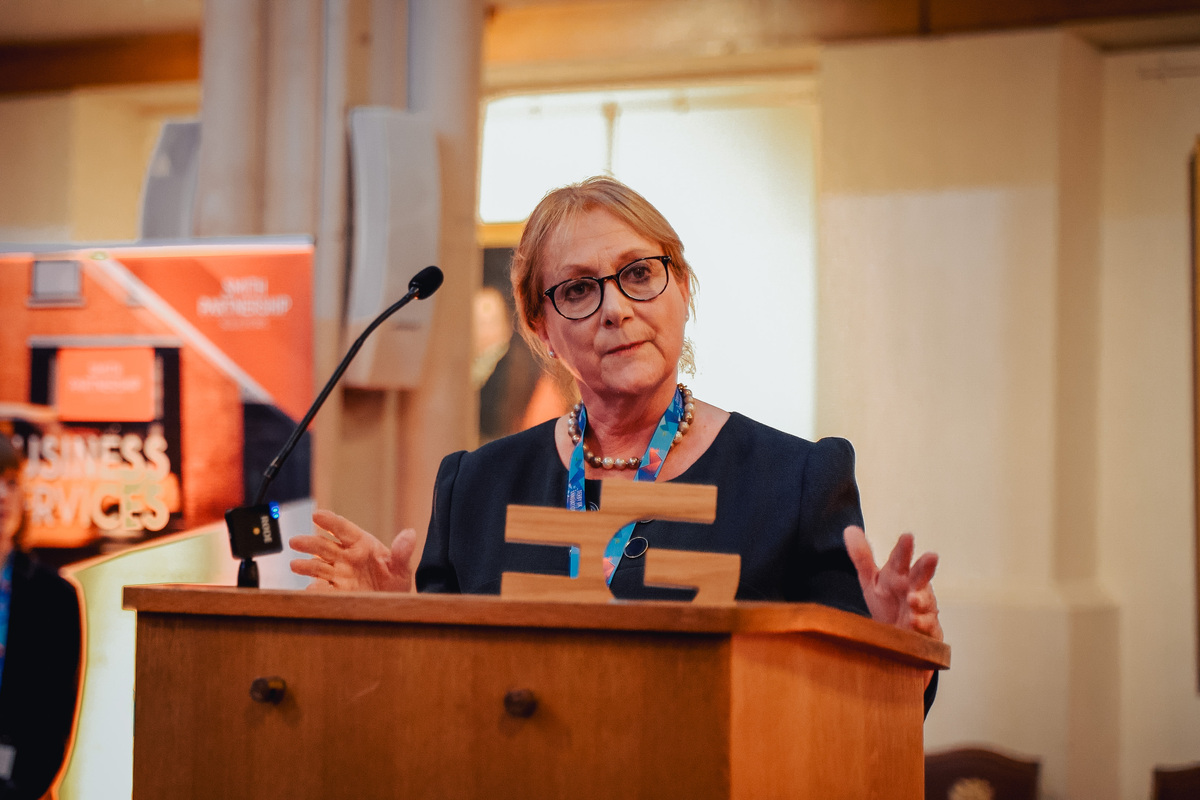
The previous week at the Estates Gazette Awards – essentially the Oscar ceremony in the property and investment world – our Derby City Lab won the UK’s best Public-Private-Partnership category, beating Liverpool, Manchester and yes, London…

Like any other city, Derby has its strengths and its weaknesses.
Of course, we are acutely aware of inequalities within our city (the autumn edition of Innovate was focused on the social mobility challenge) but we are community – public, private and community – that is working as hard as we can together to change this.
No Giles; the city of Erasmus Darwin, John Whitehurst, John Flamsteed, Joseph Wright, Florence Nightingale, Rolls and Royce, a city proud home for 182 nationalities, a UNESCO City of Learning with a UNESCO World Heritage Site, is most defiantly not a craphole.
